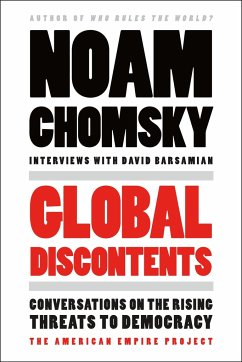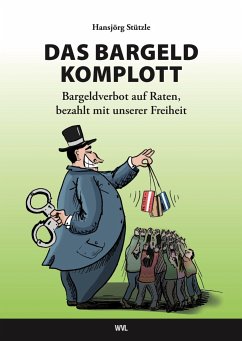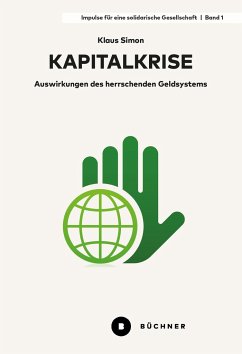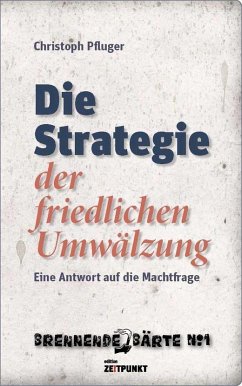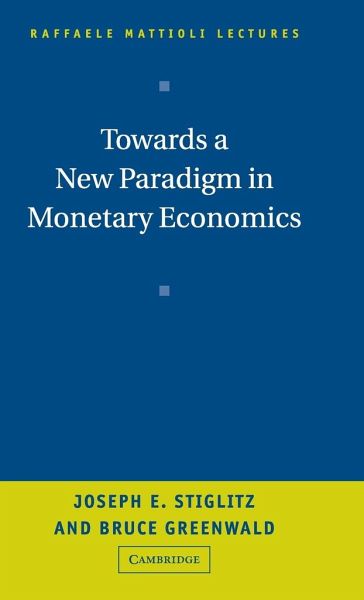
Towards a New Paradigm in Monetary Economics

PAYBACK Punkte
58 °P sammeln!
Towards a New Paradigm for Monetary Economics presents a pioneer treatment of critical topics in monetary economics. Unlike the prevailing monetary theory, this book focuses not on the role of money in facilitating transactions, but on the role of credit in facilitating economic activities more broadly. The 'new paradigm' emphasizes the demand and supply of loanable funds, which in turn requires the understanding of the imperfections of information and the role of banks. One enlightening view is that credit is quite different from other commodities in the sense that the former is based on info...
Towards a New Paradigm for Monetary Economics presents a pioneer treatment of critical topics in monetary economics. Unlike the prevailing monetary theory, this book focuses not on the role of money in facilitating transactions, but on the role of credit in facilitating economic activities more broadly. The 'new paradigm' emphasizes the demand and supply of loanable funds, which in turn requires the understanding of the imperfections of information and the role of banks. One enlightening view is that credit is quite different from other commodities in the sense that the former is based on information and default risk. The book consists of two parts. The first part develops a basic model of credit based on banks' portfolio choices. The second part is dedicated to the policy implications, among which are the liberalization of financial markets, the East Asian Crisis, the 1991 US recession and the subsequent recovery.






